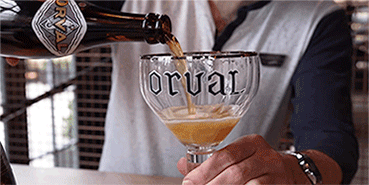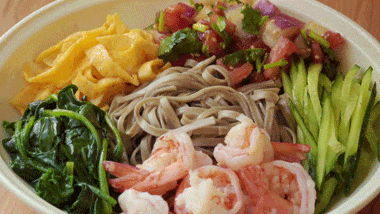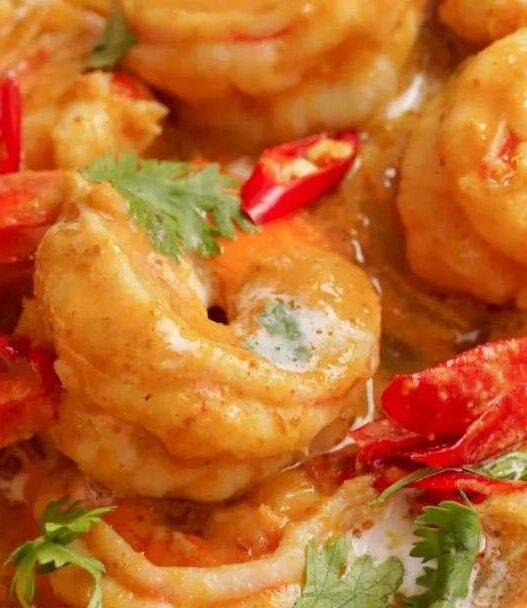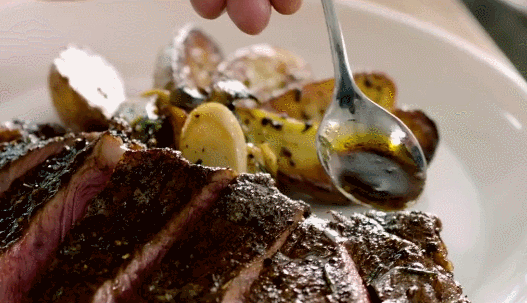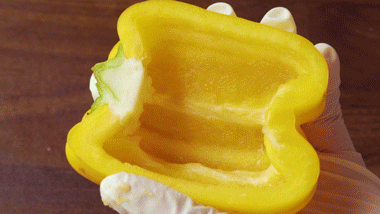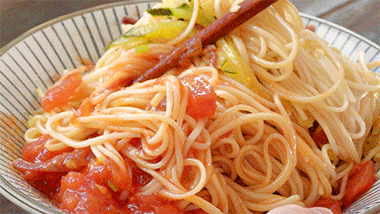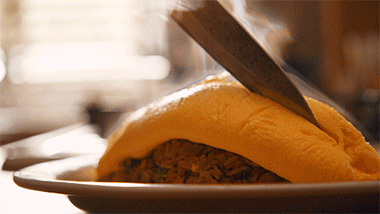When people think of beer kingdoms, Belgium isn’t usually the first name that comes to mind. This small Western European country, spanning just 30,000 square kilometers, may be famous for the EU headquarters, Godiva chocolates, or the Manneken Pis statue—but few realize it is home to one of the world’s most sophisticated Belgian beer cultures. During my homestay with a multicultural family in Brussels, I experienced firsthand how Belgian beer culture elevates drinking to an art form, making even Germany’s Oktoberfest seem like a casual affair in comparison.
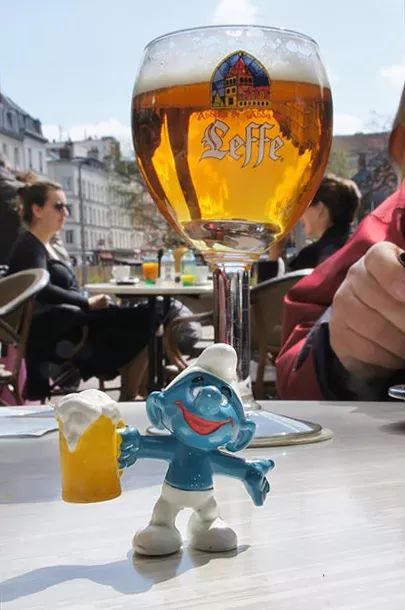
My Beer Etiquette Enlightenment
My landlady—a former Chinese professional martial artist—gave me a look of disbelief one evening when she caught me drinking beer straight from the bottle. “Silly child, this is practically sacrilege!” she exclaimed. She immediately summoned her Italian diplomat husband, who retrieved abbey beers from their cellar along with specialized glassware, delivering a beer-tasting lesson I would never forget.
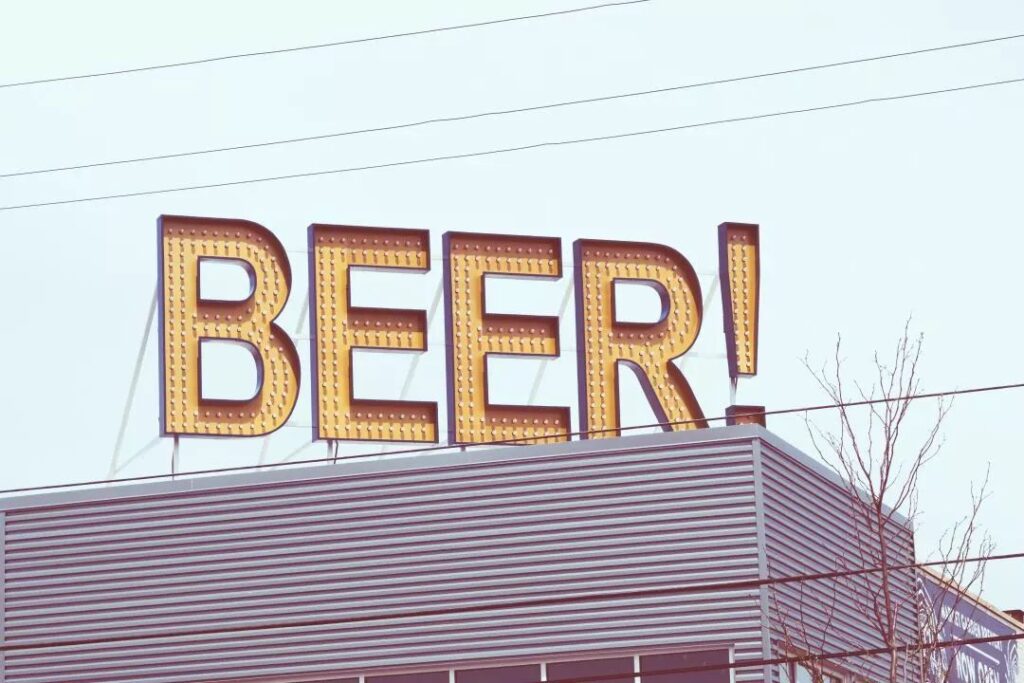
The EU official’s explanation was an epiphany:
“German beer strives for standardization, while Belgian beer is living art—infused with orange peel, coriander, and unique secondary fermentation in the bottle. Every sip is an adventure in flavor.”
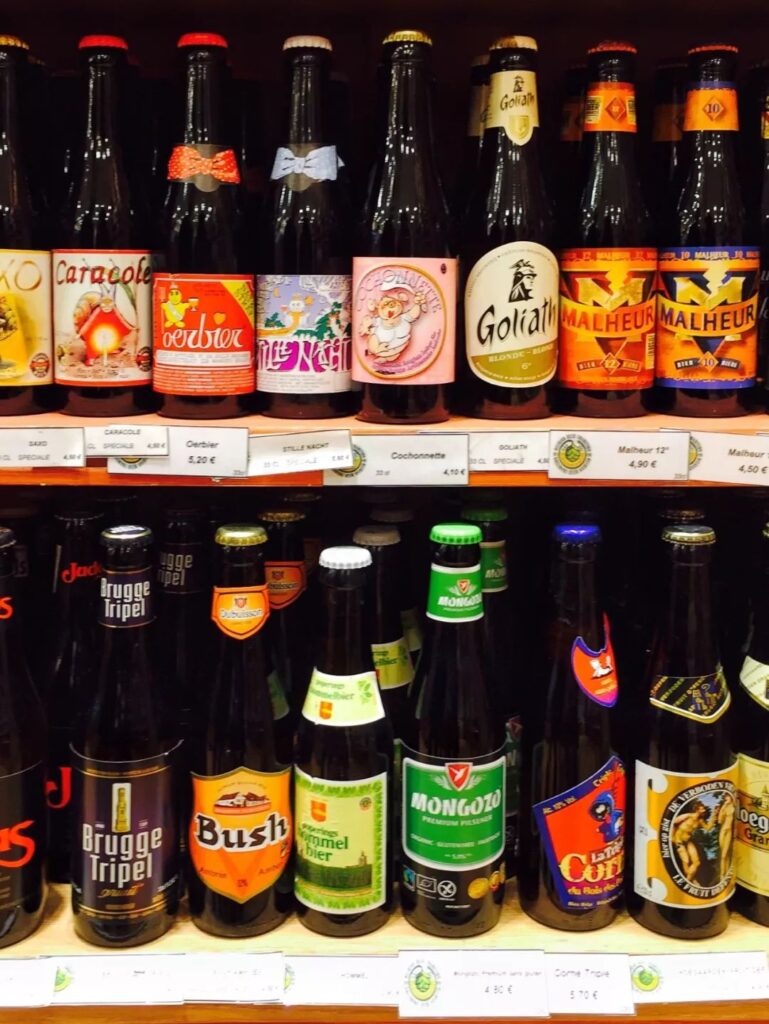
Abbey Beers: Liquid Gold Brewed with Faith
Trappist Beer: A Monk’s Sacred Duty
Only 11 Trappist monasteries worldwide are authorized to produce authentic Trappist beer, six of which are in Belgium. The strict certification requirements include:
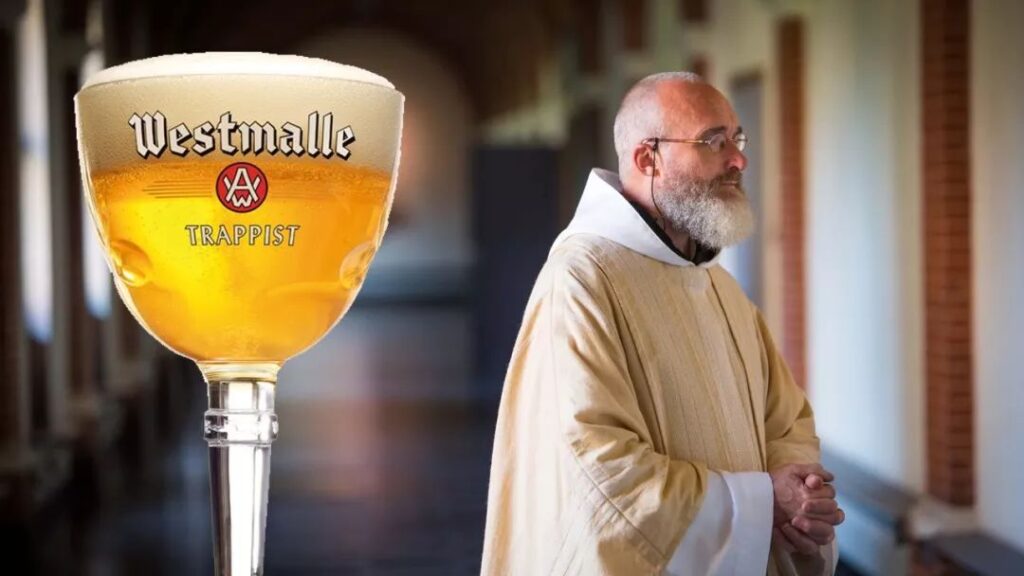
- Brewing must take place within monastery walls
- Monks must actively participate in production
- All profits must fund monastery operations or charitable works
These treasures, with ABVs ranging from 6% to 12%, carry rich yeast aromas. Westmalle Abbey’s Dubbel, for instance, requires three years of cellar aging to reach peak flavor.
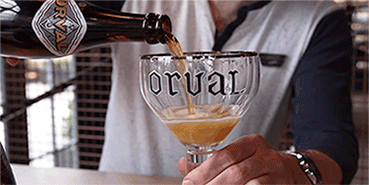
Abbey Beer: Balancing Tradition and Innovation
The Abbey beer system is more flexible, allowing collaborations between commercial breweries and monasteries. Brands like Affligem (owned by Heineken) preserve monastic recipes while scaling production with modern techniques.
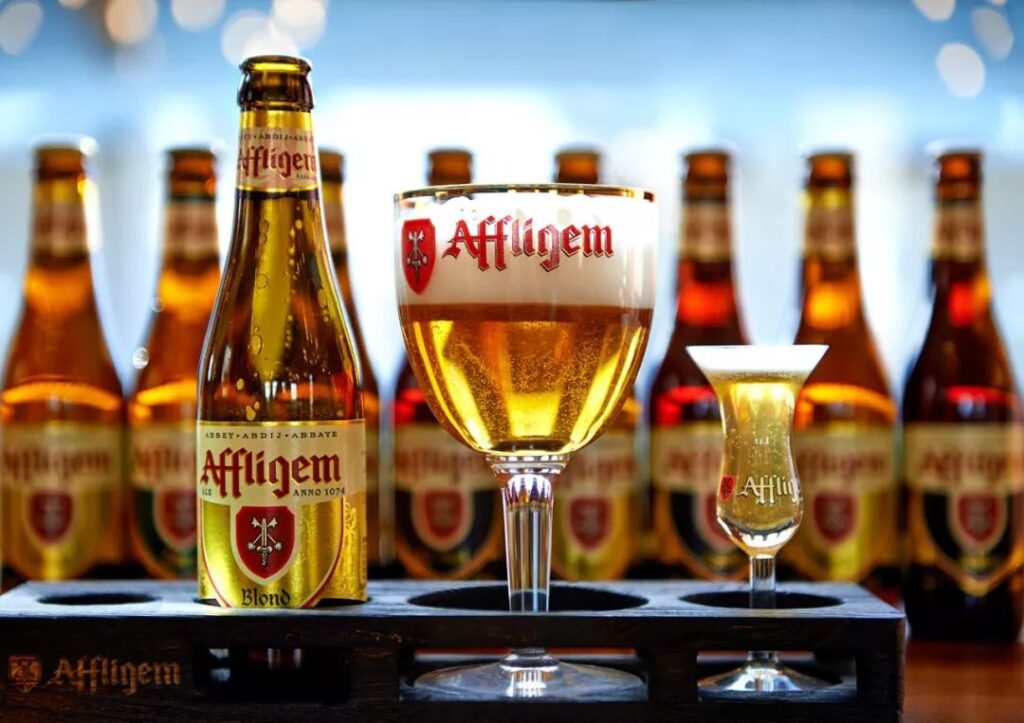
The Gospel of Glassware: Temples of Flavor
Belgians treat beer glasses like sacred vessels, primarily categorized into three types:
1、Tulip Glass:
- Curved body perfectly traps fruity aromas
- Best paired with: Golden ales like Duvel
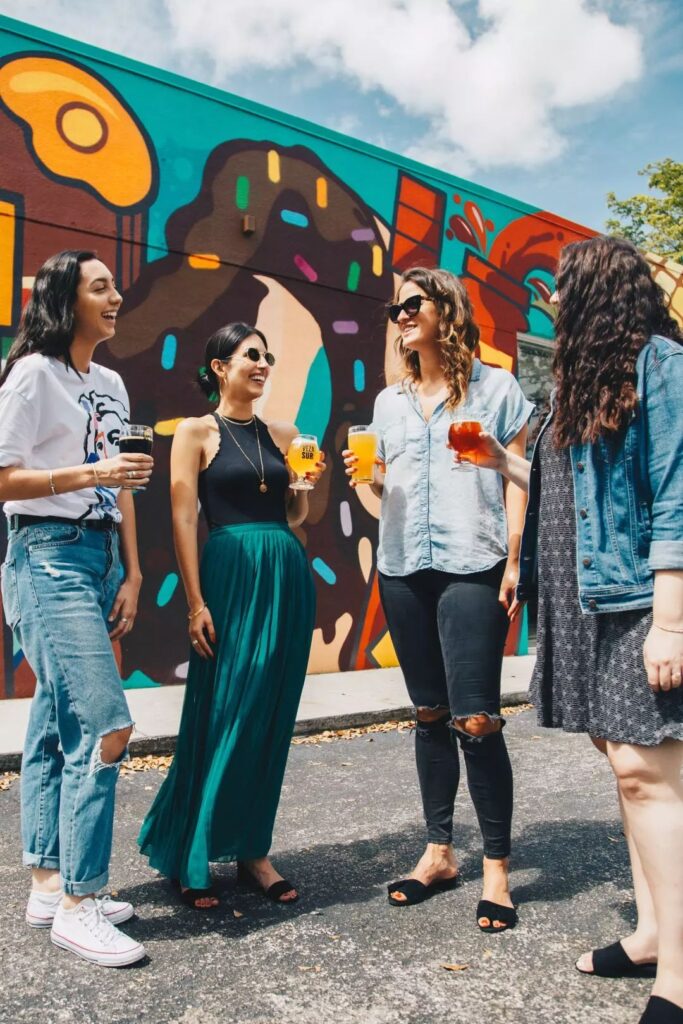
2、Goblet:
- Wide brim showcases creamy foam
- Designed for strong beers like Chimay Bleue
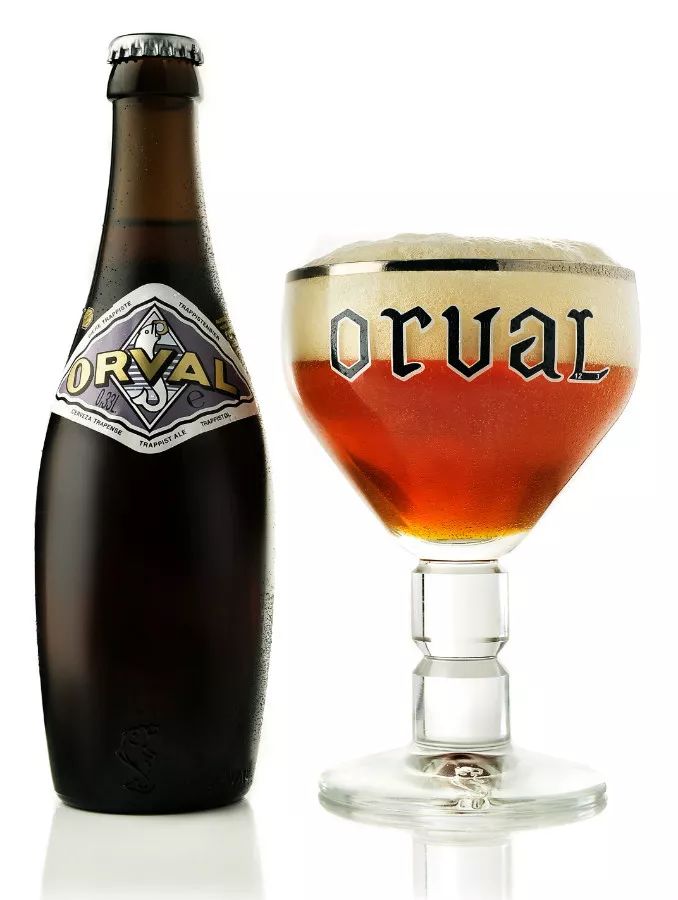
3、Flute:
- Captures the effervescent dance of fruit lambics
- Ideal serving temperature: 6-8°C (43-46°F)
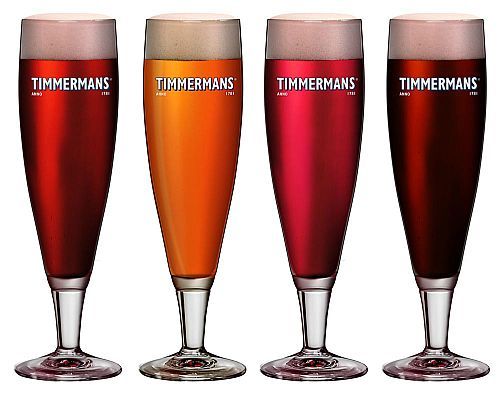
When a Brussels café apologized for not having the proper Rochefort glass in stock, the sommelier’s solemn regret made me realize: in Belgium, a glass isn’t just a vessel—it’s an extension of flavor.
The Pouring Ritual: The Golden Rule of Foam
- Tilt the glass at 45 degrees
- Pour the first stream against the mid-wall to activate carbonation
- Straighten the glass for a second pour
- Achieve a two-finger-thick crown of creamy foam
Culinary Art: Beer’s Renaissance
Belgians integrate beer into their cuisine:
- Carbonnade: Beef slow-cooked in dark beer
- Cheese Fondue: Enriched with white beer
- Chocolate Mousse: Paired with cherry beer for perfection
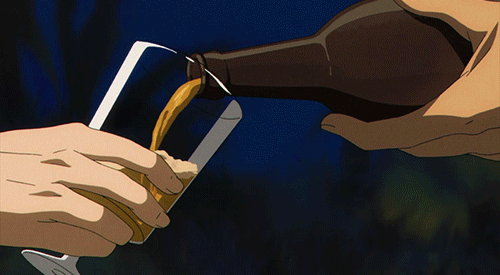
An Eternal Tradition
From 12th-century monks brewing for sanitation to today’s 200+ diverse breweries, Belgium has spent eight centuries proving that beer can be a pious faith, a rigorous science, and an art of living. The next time you open a Belgian beer, pour it into the proper glass and watch as the sacred foam crown forms—this is the highest tribute to the brewers.
Ready to begin your Belgian beer pilgrimage? 🍻✨







